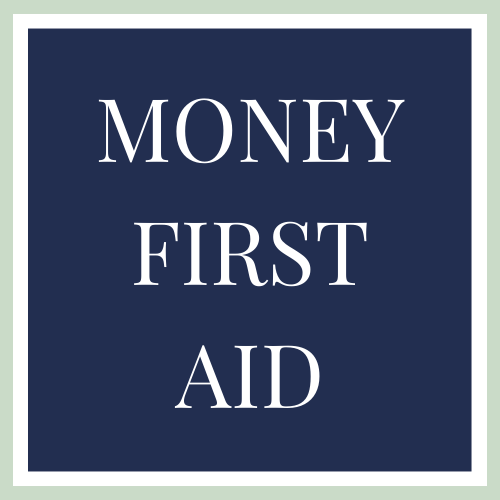Employer: First Bus
At First Bus, colleague wellbeing is a priority, including financial health.
Gareth Hind, Director of Colleague Experience and Relations, explains how Money First Aider® training has supported employees in tackling financial challenges, encouraging peer support, and reducing stigma.
First Bus has 14,000 employees and 50 depots across the UK. Currently, 300 employees are completing the training.
What attracted First Bus to Money First Aider® training?
Gareth explains, "We have a robust financial wellbeing suite, but it relies on individuals knowing about it and diagnosing their own needs. Money First Aid helps bridge that gap by educating and upskilling a group of people who can signpost colleagues to the support available.
It’s about peers guiding and supporting each other, which is incredibly impactful”.
The training addresses a pressing challenge: while First Bus strives to pay employees competitively, the current financial climate has made it increasingly hard for people to manage their finances. "This initiative equips our team with the knowledge to be smarter with their money and supports them during challenging times."
The pilot experience
"The pilot was fantastic," Gareth says. "We brought together a key cohort of individuals to test the programme in a safe environment, ensuring it aligned with our business needs, the culture at First Bus, and the audience. The feedback loop was invaluable.”
“The Money First Aid team truly listened, adapting the product to fit our requirements and making the experience collaborative and positive.”
Before First Bus started the training, there were concerns about creating a de facto financial advisory team. "This was addressed brilliantly during the pilot. The training made it clear that Money First Aiders are there to guide and signpost, not to provide financial advice. All ten participants completed the pilot and gave overwhelmingly positive reviews.”
Key success metrics
Measuring ROI for wellbeing initiatives can be challenging, but Gareth emphasises that the right thing to do doesn’t always have a direct financial return. “We’ll monitor engagement survey indices and gather anecdotal insights from our Money First Aiders, as we already do with our mental health first aiders. While metrics like sickness and absence rates could improve, it’s difficult to attribute that directly to this initiative due to overlapping factors. Still, for a modest cost, the training delivers tremendous value.”
Additionally, the programme ties into the broader conversation around pensions. “Upskilling colleagues on financial literacy encourages better decision-making, including participating in pension schemes, which is one of the best ways to save for the future,” Gareth highlights.
How the training supports the First Bus workforce
"The peer-to-peer aspect is transformative," says Gareth. "It breaks down the stigma of talking about money. By having open conversations, we create a culture where seeking financial guidance is normalised. The training’s flexibility, allowing participants to complete it in segments, ensures accessibility for everyone."
The collaborative nature of the programme’s development also stood out. "The team’s openness to feedback and their willingness to make improvements, whether addressing neurodivergence or varying learning styles, was impressive. This approach has resulted in a well-rounded, inclusive product."
Final thoughts
"The feedback from our team has been overwhelmingly positive," Gareth concludes.
“Money First Aider® is not just a training programme; it’s a partnership. The ongoing support and reporting ensure that this isn’t a pay-and-forget initiative. It’s part of a long-term commitment to our colleagues’ wellbeing.”
First Bus’s journey with Money First Aid is a compelling example of how organisations can tackle financial stress, foster a supportive workplace culture, and equip employees with the tools to navigate their financial challenges. If you’re considering implementing Money First Aider® training, Gareth’s advice is simple: "It’s a no-brainer. For a relatively low cost, you’ll make a meaningful difference in your team’s lives."

